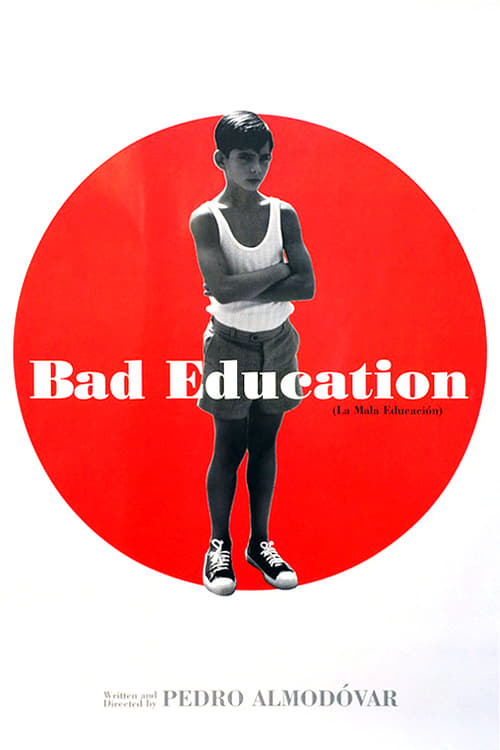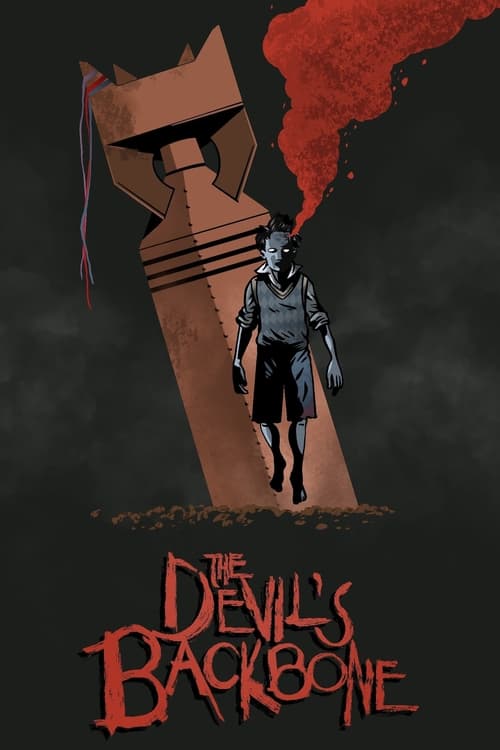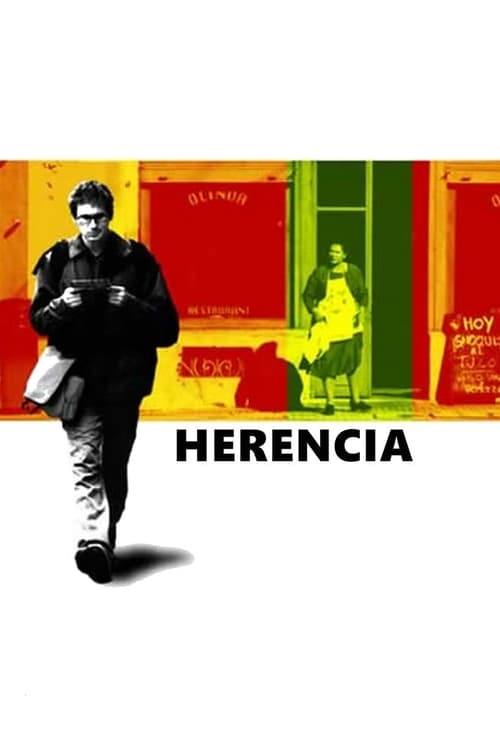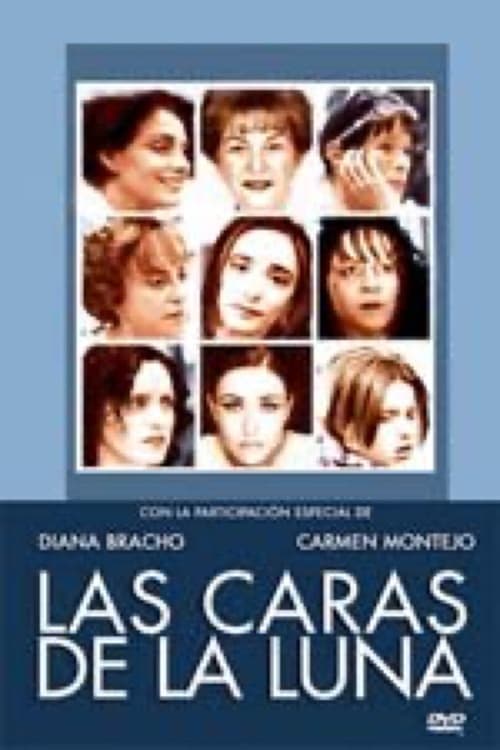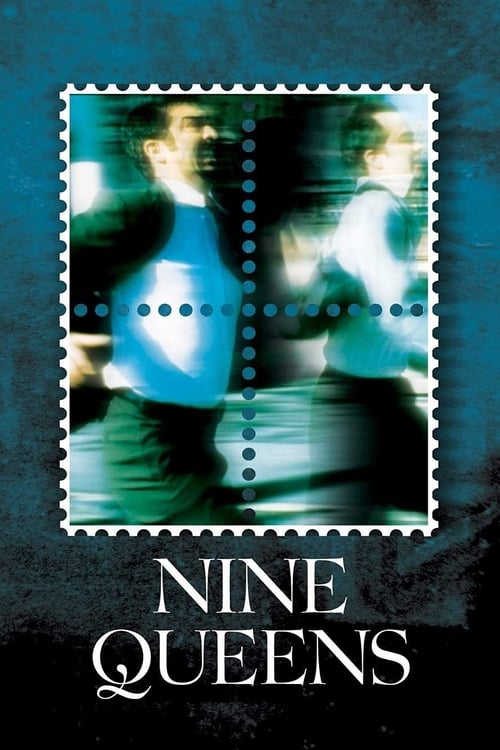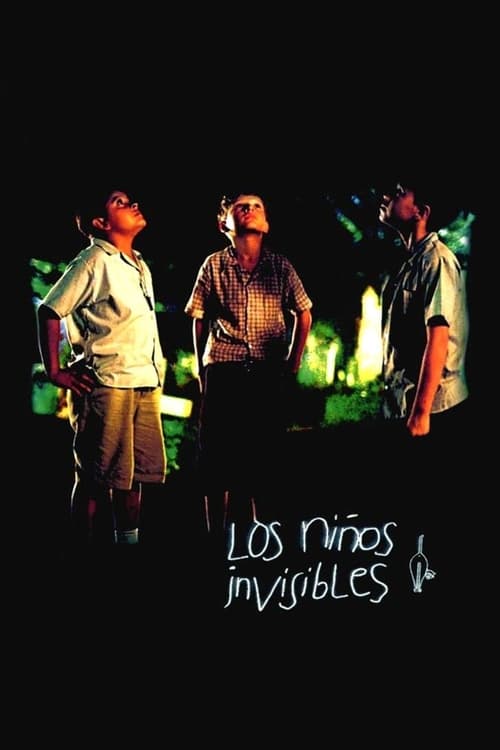
Ask Your Own Question
What is the plot?
The sun hangs low over Madrid, casting long shadows across the city's winding streets. Inside a small café, Lucía, a young waitress with dark, restless eyes, wipes down tables, her mind elsewhere. The air is thick with the scent of coffee and the murmur of conversation, but Lucía feels a knot tightening in her chest. She has just left a phone call with her boyfriend, Lorenzo, a writer whose mood has darkened in recent weeks. Their conversation was tense, bitter, and when she hangs up, something inside her tells her to go to his apartment. She rushes through the city, her heart pounding, arriving at Lorenzo's place to find the door ajar. The apartment is empty. No sign of him. No sound. Only a note on the table, a suicide note, scrawled in Lorenzo's handwriting. Lucía's breath catches. She stares at the note, her hands trembling. Then the phone rings. The police. She doesn't answer. She can't. The thought of hearing the worst is unbearable. She packs a bag, her movements frantic, and flees Madrid, desperate to escape the suffocating weight of grief and uncertainty.
Six years earlier, on a moonlit night in the Balearic Islands, the sea glows silver under the stars. Lorenzo, younger, less burdened, stands knee-deep in the water, laughing with a woman he has just met. Her name is Elena, a married woman with a quiet intensity in her eyes. They have no names for each other, only the heat of the moment. Their bodies move together in the waves, a brief, passionate encounter that feels like a dream. When dawn breaks, they part ways, each returning to their separate lives, never expecting to see the other again. But Elena soon discovers she is pregnant. She searches for Lorenzo, but he has vanished, leaving no trace. She raises her daughter, Luna, alone, never telling her the truth about her father.
Back in the present, Lucía arrives on the island, a place Lorenzo once spoke of with longing but had recently described with bitterness. The island is remote, its air thick with salt and mystery. Lucía rents a room, trying to lose herself in the rhythm of the sea. She meets Carlos, a scuba diver with a gentle smile, who guides her to a guest house where Elena lives with her daughter and her roommate, Belén. Lucía and Elena quickly form a bond, their friendship growing as they share stories and laughter. But Lucía mentions Lorenzo's name, and Elena's expression changes. She remembers the man from the island, the writer who once visited, and the pieces begin to fall into place. When Lucía sees a photograph of Luna, she is struck by the girl's resemblance to Lorenzo. The connection is undeniable.
Meanwhile, in Madrid, Lorenzo lies in a hospital bed, recovering from an accident--a suicide attempt that left him in a coma for weeks. His editor visits him, bringing news of Lucía. "She thinks you're dead," the editor says, his voice heavy with regret. Lorenzo's eyes fill with pain. He knows Lucía is on the island, and he begs his editor to take him there. The journey is slow, the island's landscape shifting from rocky cliffs to quiet coves, but Lorenzo is determined. When he arrives, the air is thick with tension. Lucía is there, Elena is there, and the tangled web of their lives begins to unravel.
Lucía confronts Lorenzo, her voice trembling with anger and relief. "You left me," she says, tears streaming down her face. "I thought you were gone." Lorenzo tries to explain, but the words catch in his throat. Elena watches from a distance, her own emotions a storm of confusion and sorrow. She has raised Luna alone, never knowing the truth about her father, and now here he is, alive and standing before her. The confrontation is raw, the air thick with unspoken truths. Lucía and Elena realize the depth of their connection, the way their lives have been shaped by Lorenzo's absence and presence.
As the story unfolds, the lines between reality and fiction blur. Lorenzo's novel, a story of a writer's tragic past and a child lost to time, mirrors the events of his own life. The novel becomes a metafictional device, revealing secrets and emotional truths that the characters struggle to face. Belén, Elena's roommate, is caught in her own web of relationships, her mother a former porn actress and her boyfriend Antonio adding another layer of complexity. The film's narrative shifts between past and present, reality and fiction, each scene building toward the climax.
The climax comes when Lorenzo, Lucía, and Elena confront the intertwined realities of their relationships. Lorenzo faces the consequences of his past actions, the pain he has caused, and the creative rebirth that follows. Lucía confronts her feelings for Lorenzo, the love that has sustained her through loss and uncertainty. Elena accepts her role as Luna's mother, the loss she has endured, and the future that lies ahead. The emotional entanglements are laid bare, the characters' lives transformed by the revelations and confrontations.
The film ends with a sense of transformation and acceptance. Lorenzo and Lucía begin to rebuild their relationship, their love stronger for having weathered the storm. Elena comes to terms with her past, her daughter's future, and the acceptance of her own loss. The final moments are ambiguous and poetic, blending reality and fiction, symbolizing death and rebirth, and leaving the characters poised for new beginnings. The island, once a place of escape, becomes a place of healing, its mysteries resolved, its secrets laid bare. The story of Lucía, Lorenzo, Elena, and the others is one of love, loss, and creative transformation, a journey that leaves no stone unturned and no emotion unexplored.
What is the ending?
In the ending of "Sex and Lucía," the film culminates in a series of emotional revelations and confrontations. Lucía discovers the truth about her lover, the writer, and the tragic events that have unfolded. The film concludes with a sense of ambiguity regarding the future of the characters, particularly Lucía and her relationship with the past.
As the film progresses towards its conclusion, we find Lucía on the secluded island where she has been seeking solace and answers. The atmosphere is heavy with tension and unresolved emotions. Lucía, portrayed with a mix of vulnerability and determination, grapples with the memories of her lover, who has been revealed to have a complicated past intertwined with loss and betrayal.
In a pivotal scene, Lucía confronts the reality of her lover's previous relationship with a woman named Elena, who has tragically died. This revelation is a turning point for Lucía, as she realizes the depth of her lover's emotional scars and the impact of his past on their relationship. The weight of this knowledge brings a flood of emotions, and Lucía is torn between her love for him and the pain of his past.
Simultaneously, the narrative shifts to the writer, who is depicted in a state of turmoil. He is haunted by his memories and the guilt associated with Elena's death. The film portrays his internal struggle as he attempts to reconcile his feelings for Lucía with the shadow of his past. This conflict is visually represented through his solitary moments, where he reflects on the choices he has made and the consequences they have wrought.
As the story unfolds, Lucía and the writer's paths converge once more. In a poignant scene, they meet on the beach, where the ocean serves as a metaphor for their tumultuous relationship. The waves crash against the shore, mirroring the emotional turbulence they both experience. Lucía's confrontation with the writer is filled with raw emotion, as she expresses her pain and confusion. The dialogue is charged with intensity, revealing their vulnerabilities and the complexities of love and loss.
In the final moments of the film, Lucía and the writer share a moment of connection, but it is laced with uncertainty. The ending leaves viewers with a sense of ambiguity, as the characters stand at a crossroads. Lucía's fate is left open-ended; she is portrayed as a woman who has faced profound loss but is also on a journey of self-discovery. The writer, too, is left in a state of reflection, grappling with his past while contemplating the possibility of a future with Lucía.
The film concludes without a definitive resolution, emphasizing the themes of love, loss, and the complexities of human relationships. Each character is left to navigate their own emotional landscape, suggesting that while they may find solace in each other, the scars of their past will continue to shape their lives moving forward.
Is there a post-credit scene?
The movie "Sex and Lucía," directed by Julio Medem and released in 2001, does not have a post-credit scene. The film concludes with a poignant and emotional ending that encapsulates the themes of love, loss, and the intertwining of lives. After the final credits roll, there are no additional scenes or content that follow. The narrative wraps up with the characters' journeys and their emotional resolutions, leaving the audience to reflect on the complexities of their relationships and the choices they have made.
What is the significance of the character Lucía in the film?
Lucía is the central character whose emotional journey drives the narrative. She is portrayed as a passionate and complex woman, deeply affected by her relationships, particularly with her lover, the writer, and the secrets that unfold throughout the story. Her quest for understanding and closure leads her to confront her past and the choices that have shaped her life.
How does the character of the writer, Diego, influence the plot?
Diego is a pivotal character whose actions and decisions significantly impact the lives of those around him. His infidelity and the subsequent fallout create a ripple effect that affects Lucía and other characters. His struggle with his own emotions and the consequences of his choices drive much of the film's tension and drama.
What role does the setting of the island play in the story?
The island serves as a crucial backdrop for the film, symbolizing both escape and entrapment. It is a place where characters confront their desires and fears, and the natural beauty of the landscape contrasts with the emotional turmoil they experience. The isolation of the island amplifies the characters' internal struggles and the intensity of their relationships.
How does the theme of memory manifest in Lucía's character?
Memory plays a significant role in Lucía's character development. Throughout the film, she grapples with her recollections of Diego and the events that transpired between them. Her memories are often fragmented and intertwined with her fantasies, reflecting her emotional state and the difficulty she faces in reconciling her past with her present.
What is the relationship between Lucía and the other women in the film?
Lucía's interactions with other women, particularly the character of Elena, reveal layers of complexity in female relationships. These interactions often highlight themes of jealousy, rivalry, and solidarity. The women in the film serve as mirrors to Lucía's own struggles, showcasing different facets of love, betrayal, and the search for identity.
Is this family friendly?
"Sex and Lucía," directed by Julio Medem, is not considered family-friendly due to its explicit content and mature themes. Here are some potentially objectionable or upsetting aspects:
-
Sexual Content: The film contains numerous explicit sexual scenes that are graphic in nature, exploring themes of desire and intimacy.
-
Nudity: There is significant nudity throughout the film, which may be inappropriate for younger viewers.
-
Themes of Infidelity: The narrative delves into complex relationships, including infidelity and emotional betrayal, which may be difficult for children to understand.
-
Death and Grief: The film addresses themes of loss and the emotional turmoil that follows, which could be distressing for sensitive viewers.
-
Mental Health: Characters experience intense emotional struggles, including depression and existential crises, which may be unsettling.
-
Violence: There are moments of implied violence and emotional conflict that could be upsetting.
Overall, the film's exploration of adult themes and explicit content makes it unsuitable for children and potentially distressing for sensitive individuals.













